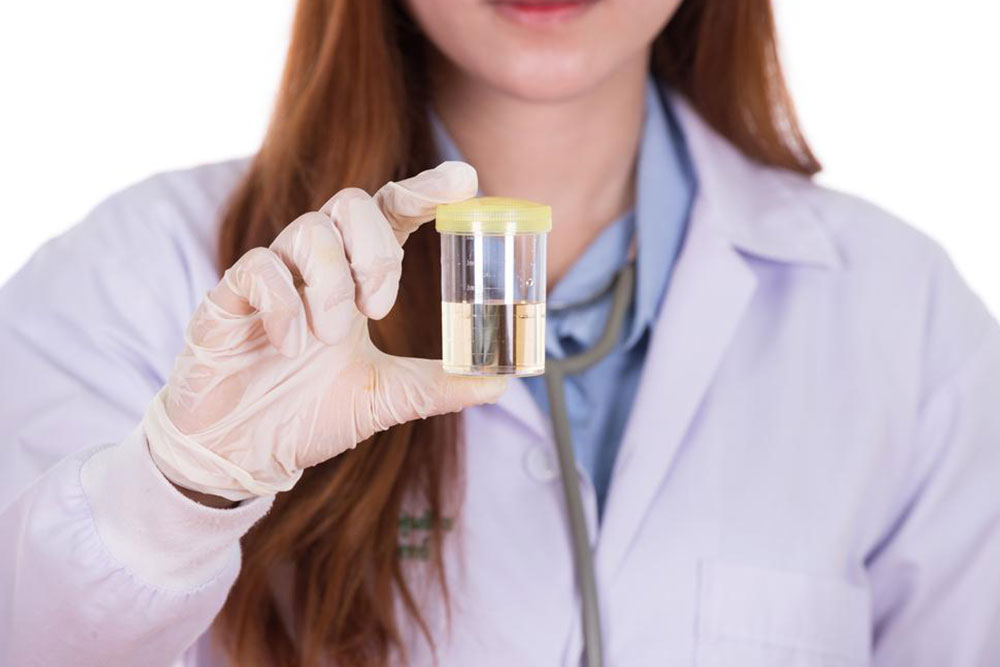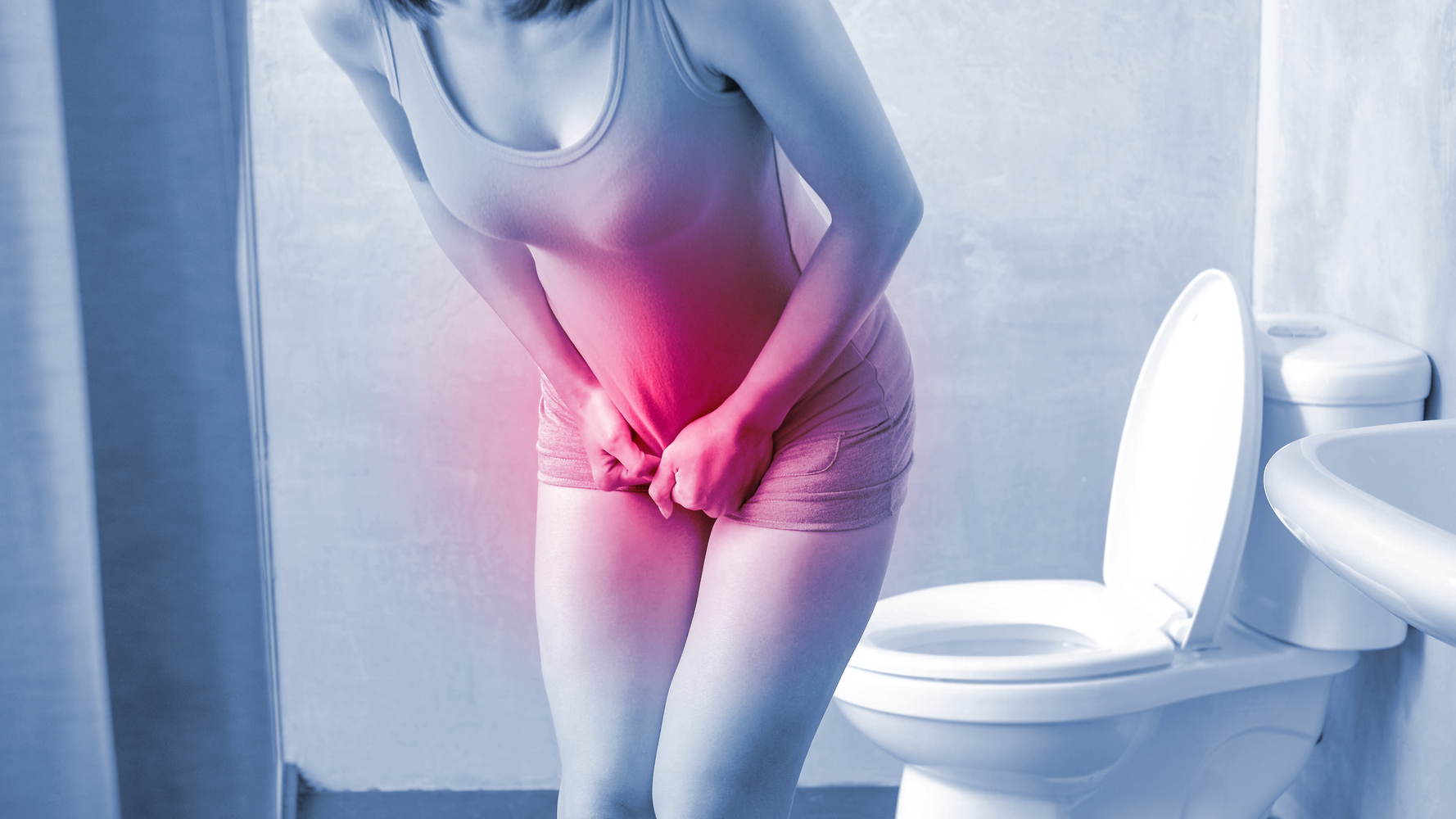Comprehensive Guide to E. coli in Urine: Causes, Symptoms, Prevention, and Treatment Strategies
This comprehensive article explores how E. coli bacteria cause urinary tract infections, highlighting symptoms, risk factors, prevention tips, and treatment options. Perfect for understanding and managing urinary health, it emphasizes the importance of hygiene, hydration, and timely medical care to prevent serious complications like kidney damage. Whether you're experiencing recurring UTIs or want to stay informed about urinary health best practices, this guide offers valuable insights to keep you protected and healthy.

Comprehensive Guide to E. coli in Urine: Causes, Symptoms, Prevention, and Treatment Strategies
Urinary tract infections (UTIs) are among the most prevalent health issues affecting populations worldwide. These infections occur when bacteria invade the urinary system, leading to discomfort, pain, and potential complications if left untreated. Among the various bacteria responsible, Escherichia coli, commonly known as E. coli, stands out as the primary culprit. This bacteria, normally present in the intestines, can cause significant infections in the urinary tract when it migrates to areas like the bladder, urethra, or kidneys. Understanding the causes, symptoms, prevention, and treatment options related to E. coli in urine is essential for maintaining urinary health and preventing severe health complications.
Urinary tract infections caused by E. coli are particularly common among specific groups such as pregnant women, children, the elderly, and individuals with compromised immune systems. Factors like poor hygiene, contaminated food and water sources, and lapses in sanitation significantly contribute to the proliferation and entry of E. coli into the urinary system. Mild infections may resolve with proper home care and hygiene measures, but persistent or severe cases demand medical attention to prevent progression to more serious conditions like kidney infections or sepsis.
Escherichia coli, a versatile and adaptable bacterium, is responsible for the majority of community-acquired urinary tract infections. Other bacteria such as Staphylococcus saprophyticus, Pseudomonas aeruginosa, and Klebsiella pneumoniae also have roles in causing UTIs, particularly in healthcare settings. The hallmark symptoms of E. coli-induced UTIs include frequent urination, a burning sensation during urination (dysuria), pelvic and lower back pain, foul-smelling or cloudy urine, and sometimes the presence of blood in the urine (hematuria). If untreated, the infection can ascend to affect the kidneys, leading to conditions like pyelonephritis, which can cause severe health problems, including renal damage and systemic infections.
Women are significantly more prone to developing UTIs caused by E. coli due to anatomical and physiological factors. The female urethra is shorter and closer to the rectal area, increasing the likelihood of bacterial migration. Studies reveal that nearly half of all women experience at least one urinary tract infection during their lifetime, highlighting the prevalence of this issue. Additional risk factors include poor personal hygiene, use of certain contraceptives like diaphragms, and behaviors leading to bacterial colonization.
Individuals with certain health conditions are also at elevated risk. These include those with kidney stones, nerve damage affecting bladder control, spinal injuries, or incomplete bladder emptying. Such conditions create an environment conducive to bacterial growth. Men with enlarged prostates are more susceptible, as the obstruction can lead to urinary retention. Moreover, other contributing factors are anatomical abnormalities within the urinary tract, the use of spermicidal contraceptives, and increasingly prevalent antibiotic resistance among bacteria, complicating treatment efforts and emphasizing the importance of preventive measures.
Prevention Tips for E. coli-Related UTIs
Maintain Proper Hygiene: Always wipe from front to back after using the toilet to prevent bacteria from the rectal area from reaching the urethra.
Stay Hydrated: Drinking plenty of water helps flush bacteria out of the urinary tract, reducing infection risk.
Urinate Frequently: Regular urination prevents bacterial buildup and allows for the complete emptying of the bladder.
Practice Safe Sexual Activity: Urinating before and after sex, and using barrier methods can reduce bacterial transfer.
Avoid Irritants: Limit the use of harsh soaps, douches, and feminine products that can irritate the urinary tract and facilitate bacterial colonization.
Address Underlying Conditions: Managing health issues such as kidney stones, glucose levels, or nerve disorders can help prevent recurrent infections.
Use Antibiotics Responsibly: Follow medical guidance for prescribed antibiotics and avoid unnecessary use to combat antibiotic resistance.
Effective Treatment Options
When diagnosed with a UTI caused by E. coli, medical professionals typically prescribe antibiotics tailored to the bacteria's sensitivities. Common antibiotics include trimethoprim-sulfamethoxazole, nitrofurantoin, fosfomycin, and fluoroquinolones. It is critical to complete the entire course of prescribed medication even if symptoms improve to ensure complete eradication of the infection. For uncomplicated UTIs, over-the-counter pain relievers and increased fluid intake can help alleviate discomfort.
In cases of recurrent or complicated infections, healthcare providers might recommend additional diagnostics such as urine cultures, ultrasounds, or cystoscopy to identify underlying issues. Additionally, some preventive strategies involve low-dose continuous antibiotics, probiotics, or other lifestyle modifications to reduce the likelihood of recurrence.
Early detection and prompt treatment are key to avoiding serious complications such as kidney infection, bladder damage, or systemic infection. Patients are advised to seek medical attention if they experience persistent symptoms like high fever, chills, flank pain, or blood in urine.
Conclusion: Staying Ahead of E. coli Infections
Understanding the role of E. coli in urinary tract infections is crucial for prevention and effective management. Maintaining good personal hygiene, staying well-hydrated, practicing safe sexual behaviors, and seeking timely medical care can significantly reduce risk. While mild cases can often be managed at home, persistent or severe infections require professional intervention to prevent long-term health consequences. Continuous research and awareness are vital in combating antibiotic resistance and ensuring effective treatment methodologies.
By integrating these preventive practices into daily routines and understanding the symptoms and treatment options, individuals can better protect their urinary health and avoid the discomfort and potential complications linked to E. coli urinary infections.





